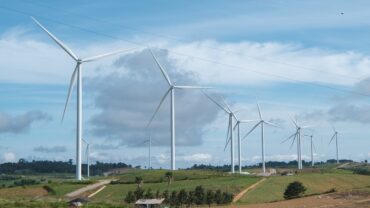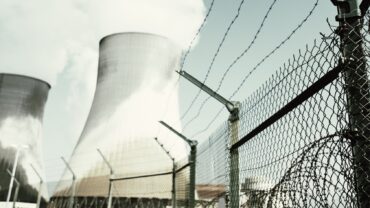PROGRAMME
SEA Energy Transition Blueprint

ABOUT THIS PROGRAMME
A range of forces are driving the global energy transition. Political pressure from years of dialogues; increasing demand for energy, especially from renewable sources; a trend towards electrification such as the shift from petrol to electric vehicles; and a dramatic decrease in the cost of renewable energy production compared to fossil fuels.
The approach of different markets to the energy transition so far reflects their structure, strengths, and their natural approach to significant challenges. As group of diverse markets, the approach of Southeast Asian markets to the energy transition has been mixed. Since the political commitments made in the Paris agreement in 2016, the pace of change has accelerated. Unfortunately, these commitments have not been matched by a necessary overhaul of policies that will enable the transition to move forward.
There is huge potential in the region for renewable energy generation – solar, hydropower, wind, and geothermal, and an economic and demographic landscape conducive to building the supply chains needed for the transition, from essential minerals to equipment assembly. Capitalising on these natural and demographic advantages could see the region improve its energy security, affordability, and reducing reliance on global technology supply chains.
However, there are major challenges to overcome, especially the phase-out of fossil fuels which provide baseload energy and are readily available in a number of markets, paired with an energy demand that is projected to triple by 2050 due to rapid urbanisation and economic development. The key obstacle to progress is the domestic policy environment in markets across Southeast Asia, where far-reaching changes are needed to accommodate a transition to renewable energy at speed.
There has been a significant amount of work on the energy transition at the ASEAN level, as well as support from global and regional forums. This includes the JETP projects in Vietnam and Indonesia launched at the G20, and the Bangkok goal for a bio-circular green economy (BCG) agreed at the APEC Summit in 2022. However, there is no unified vision for the energy transition which would lay the foundation for regional cooperation at scale.
It is essential that clear pathways are signposted for policy change to enable the political will that exists to drive the transition. The Institute’s Energy Transition Blueprint aims to explore these pathways in order to support a swift and successful energy transition in Southeast Asia.
The ‘Energy Transition Blueprint’ programme will explore best practice policy development for achieving the energy transition in Southeast Asia, build the economic case for the transition in Southeast Asian markets, as well as highlighting pathways towards better regional energy connectivity, and convening stakeholders to move the dial on energy transition policy.
Policy area

Renewables deployment

Power infrastructure

Energy markets development

Green jobs

A just energy transition
related Work
Exploring China’s Role in Southeast Asia’s Energy Transition
Framing a Nuclear-Powered Future for ASEAN
related News and insights

New report highlights pathways to safe and effective nuclear energy development in Southeast Asia


